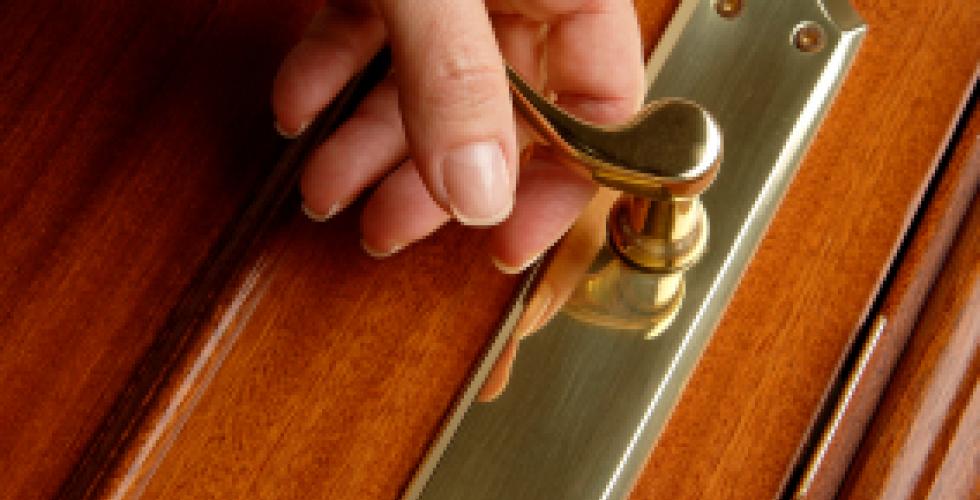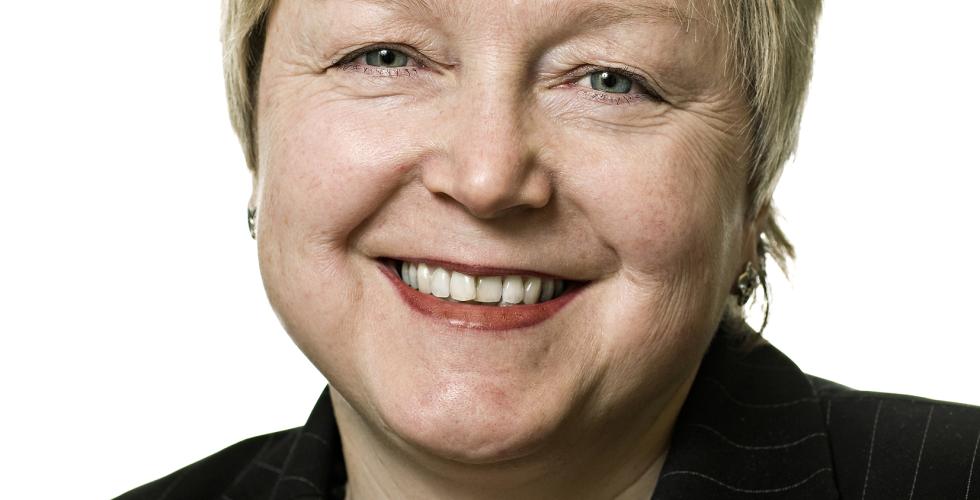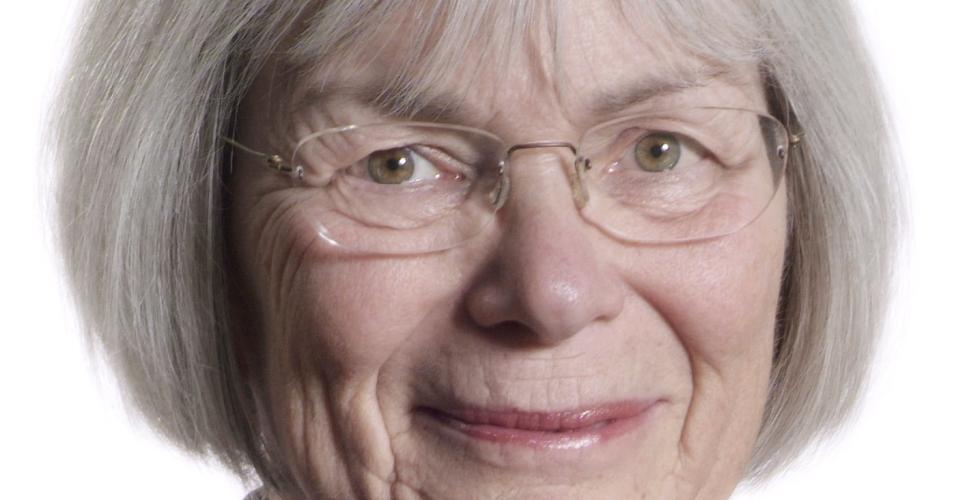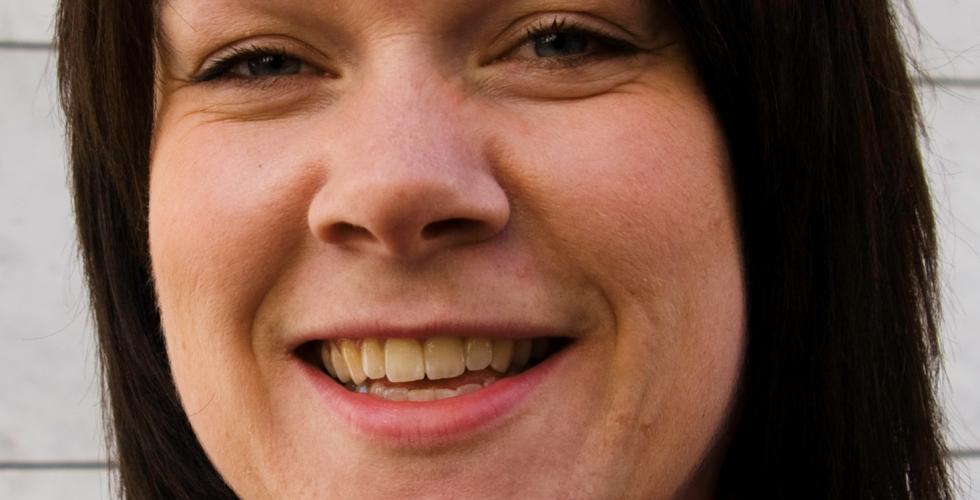The door opener
It is pointless to start a search for female applicants one week before the application deadline. If you want to increase the number of women in a male-dominated field, you have to make long-term plans. This is according to Tor Grande, who recently stepped down as head of the Department of Materials Science and Engineering at the Norwegian University of Science and Technology (NTNU).













